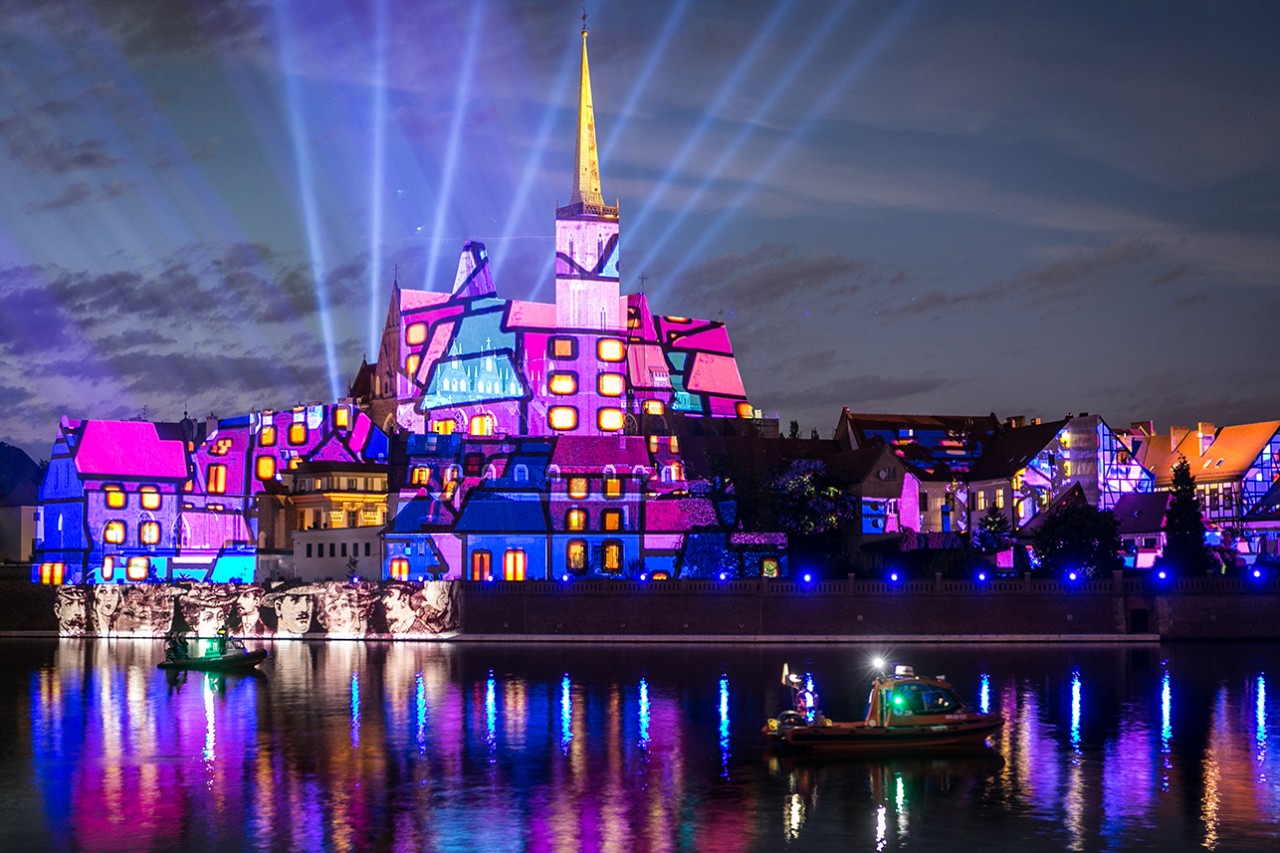ADAM JARMZIK QUINTET
Saturday, 9th November 2019
CS “Svilara”, 7pm
JAZZ MARATHON OF THE NOVI SAD JAZZ FESTIVAL
Concerts of jazz orchestras from the cities – European Capitals of Culture,
supported by the Novi Sad 2021 Foundation and the Serbian National Theatre
WROCLAV – Poland
THE ADAM JARMZIK QUINTET
ADAM JARMZIK, piano, composer and arranger
PAVEŁ PALCOWSKI, trumpet; JAKUB ŁĘPA, saxophone
PIOTR BUDNIAK, percussions; TYMON TRĄBCZYŃSKI, double bass

The Adam Jarzmik Quintet was set up in 2015 in Katowice. They present music composed by the leader of the band Adam Jarzmik. They are inspired by such classics as Brad Mehldau, Aaron Parks or Aaron Goldberg. Their debut goes back to spring 2017. In 2017 they got the Grand Prix at the Jazz Individuality Contest of the Jazz on the Odra, and as a result started cooperation with New York guitarist Mike Moreno.
Wroclaw is the capital city of Lower Silesia. Located on the Oder River, the city is unique in that it has 12 islands and 112 bridges. The history of Wrocław starts at a crossroads in Lower Silesia. It was one of the centres of the Duchy and then Kingdom of Poland, and briefly, in the first half of the 13th century, the centre of a half of the divided Kingdom of Poland. German settlers arrived in increasing numbers after the 1241 Mongol invasion, and Wrocław eventually became part of the Kingdom of Bohemia. After the War of Austrian Succession, the city and region were added to Prussia, and later became part of the German Empire. After World War II and changes of boarders, Wrocław and most of Silesia were transferred to Poland, which led to population exchange. Today as a cultural and scientific centre, Wrocław contains numerous educational institutions (including the University of Wrocław, founded in 1702 and rebuilt in 1945), museums, theatres and music centres, as well as a botanical garden and a zoo. Buildings of historical interest include the cluster of churches at Ostrów Tumski, the Gothic Town Hall, and the Aula Leopoldina, a Baroque assembly hall at the university. The Centennial Hall (1911–13), a noted example of reinforced-concrete architecture, was designated a UNESCO World Heritage site in 2006. The city hosts the Jazz on the Oder Festival that ranks as one of the most important music events in Poland. Each spring the festival, which has been organised since 1964, presents the most interesting jazz artists from around the world. Throughout the years we have seen some of the greatest jazz stars from Europe and around the world, including Pat Metheny, Paco de Lucia, Al di Meola, Kenny Garret, Dave Holland, Tooth Thielemans, Diana Krall, David Sanborn, Ron Carter, Lizz Wright and Patricia Barber. What is more, the festival stages regularly host the most promising musicians of the young generation, including the laureates of the DownBeat magazine critics’ survey in the New Stars category.
Culture Zone Wrocław – The Impart 2016 Festival Office was established in 2012 as a result of a merger of two institutions: Wrocław 2016 – an organisation responsible for Wrocław’s successful application for the title of European Capital of Culture and the “Impart” Art Centre – an organisation which had been creating the city’s cultural landscape for several decades. The new organisation became the organisational centre of the ECoC year; it has implemented hundreds of projects, and in the case of many others, it collaborated with over 350 partners and thousands of Wrocław residents. The multitude of ECoC achievements, the need to preserve the long-term legacy of the “Impart” Art Centre and the new challenges, which the organisation has to yet face, all decided that it would start 2018 as Culture Zone Wrocław. The new programme of the organisation is divided into three areas, comprising projects created as part of ECoC Wrocław 2016, as well as projects previously implemented by the “Impart” Art Centre and Impart 2016 Festival Office and those established as a result of the evaluation conducted in 2017. “The shape of our institution is the sum of several dozen years of experience in building Wrocław culture,” Krzysztof Maj, General Director of the Wrocław Culture Zone, explained. “The European Capital of Culture has added another wonderful chapter to this history.” The activities of the Wrocław Culture Zone are based on three main pillars: places, festivals and programmes.




